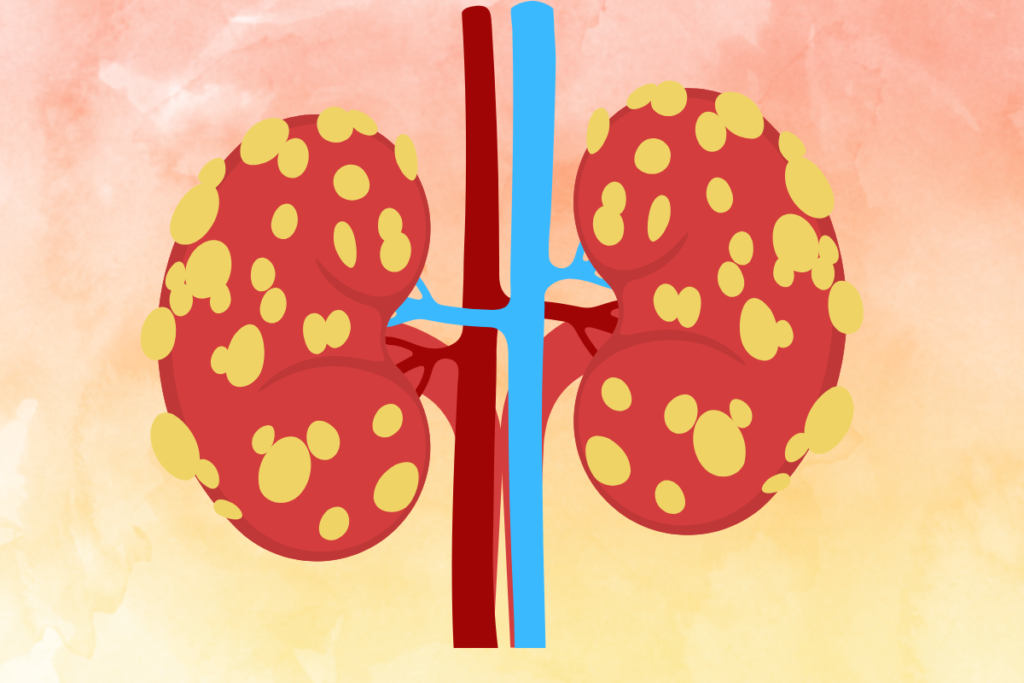The development of many kidney cysts is a hallmark of polycystic kidney disease (PKD), a hereditary condition that can impair kidney function and result in renal failure. Both early diagnosis and adult development are possible with PKD. The causes, signs, and available treatments for polycystic kidney disease will be covered in this article, along with advice on how to manage the condition to avoid long-term consequences.
Polycystic Kidney Disease (PKD): What is it?
In PKD, a hereditary condition, the kidneys develop cysts filled with fluid that eventually grow and stop working. Autosomal dominant PKD (ADPKD), in which one parent possesses the gene underlying the disorder, is the most prevalent type of PKD, which is inherited. Later in life, kidney failure may result from this type of PKD, which can appear in adults.
Causes and Risk Factors:
● Genetics: PKD is primarily inherited. Autosomal dominant PKD (ADPKD) is the most common form, and autosomal recessive PKD (ARPKD) is rarer but often more severe.
● Family History: If one or both parents have PKD, there’s a higher risk of inheriting the condition.
Symptoms of PKD:
● High blood pressure.
● Back pain or discomfort in the abdomen due to kidney enlargement.
● Frequent urination or changes in urine color.
● Kidney stones and urinary tract infections (UTIs).
● Blood in the urine (hematuria).
● Kidney failure in advanced stages.
Diagnosis and Treatment:
PKD is diagnosed through:
● Ultrasound: To visualize kidney cysts.
● CT scan or MRI: For detailed images of kidney structures.
● Blood tests: To assess kidney function.
Treatment includes:
● Blood pressure management: To prevent more kidney damage.
● Pain management: For discomfort caused by kidney enlargement or cysts.
● Dialysis: For end-stage kidney disease.
● Kidney transplant: Where there is a severe case of kidney failure.
FAQs
Can PKD be cured?
Although there isn’t a cure for PKD at this time, treatments aim to control symptoms and avoid consequences.
What adjustments to one's lifestyle can aid in managing PKD?
The advancement of PKD can be slowed by controlling blood pressure, eating a balanced diet, and drinking plenty of water.
Is PKD always inherited?
Yes, PKD is usually inherited, though there are rare cases of spontaneous mutations.
Disclaimer:
This information is for educational purposes and should not replace professional medical advice. Always consult your healthcare provider for personalised recommendations.
How HealthPil Can Help:
HealthPil connects you with experienced nephrologists who can help manage PKD and guide you through treatment options. Schedule a consultation today!

